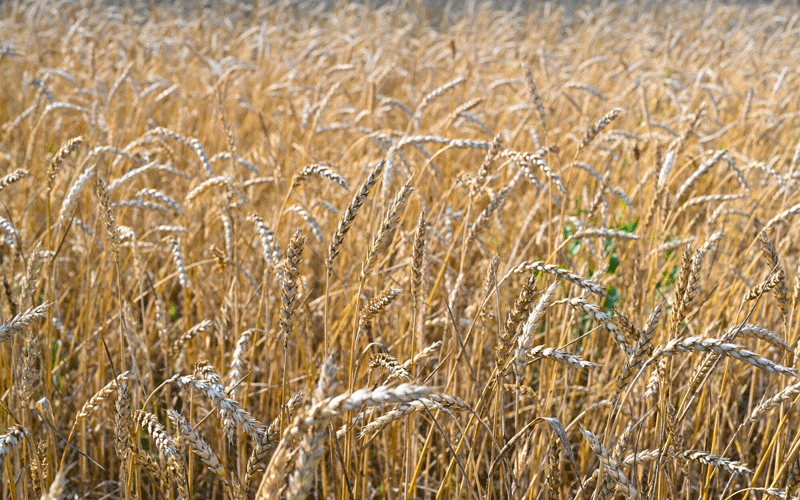
GOVERNMENT says it will decide which crops farmers need to plant under the Presidential Input Scheme starting from this year.
This was revealed by agriculture minister Anxious Masuka at a Wheat Field Day organised by Grain Millers Association of Zimbabwe at Arusha Farm in Goromonzi district yesterday.
"As a government, we have realised that we cannot give maize inputs to perennially drought stricken areas. Here in Goromonzi, there are good rains and farmers will receive maize inputs. However, farmers in Masvingo will receive small grain inputs because it’s a dry region," Masuka said.
"As a government we will arrange that farmers who have delivered a certain crop at GMB will get the same quantity for their consumption.”
Speaking at the same event, Grain Millers Association of Zimbabwe (GMAZ) chairperson Tafadzwa Musarara appealed to the government to stop the importation of wheat with immediate effect since the country has reached self-sustaining levels.
"There are fears that wheat farmers will not have anywhere to sell their wheat. Millers have imported wheat that can sustain the country for the next two months. So if the imports continue, farmers will be stuck with their wheat," he said.
Musarara also revealed that Zimbabwe consumes 1.6 million loaves of bread per day.
The Zimbabwe government has been seeking ways of plugging the holes left by a disruption in food imports, partly caused by the ongoing conflict in Ukraine.
- Boustead Beef seeks to end CSC corporate rescue
- Teachers, other civil servants face off
- Unresolved land tenure dispute stifles Tongaat Hulett project
- Veld fire management strategies for 2022
Keep Reading
Like other countries in Africa, Zimbabwe targets increased local production to ensure food sufficiency.






